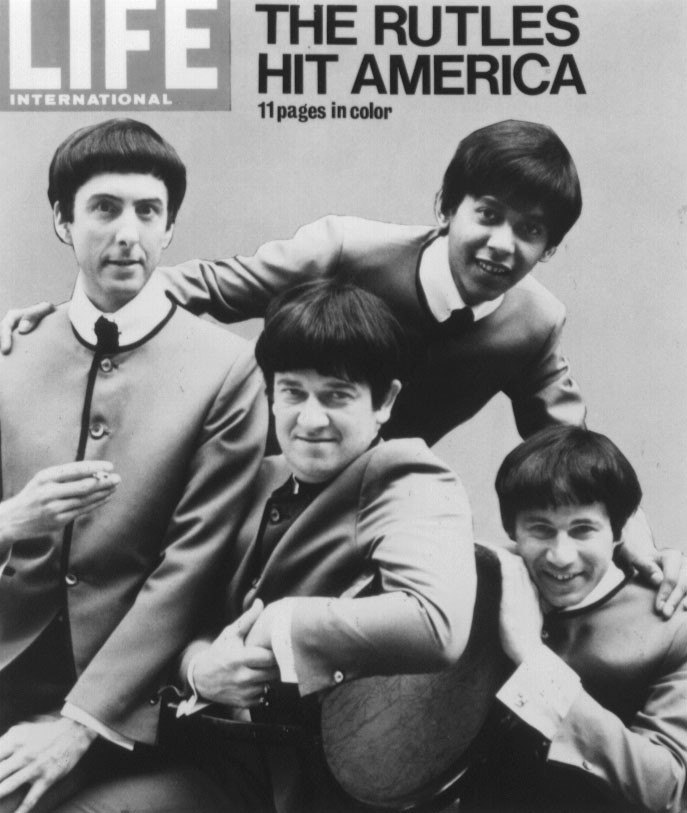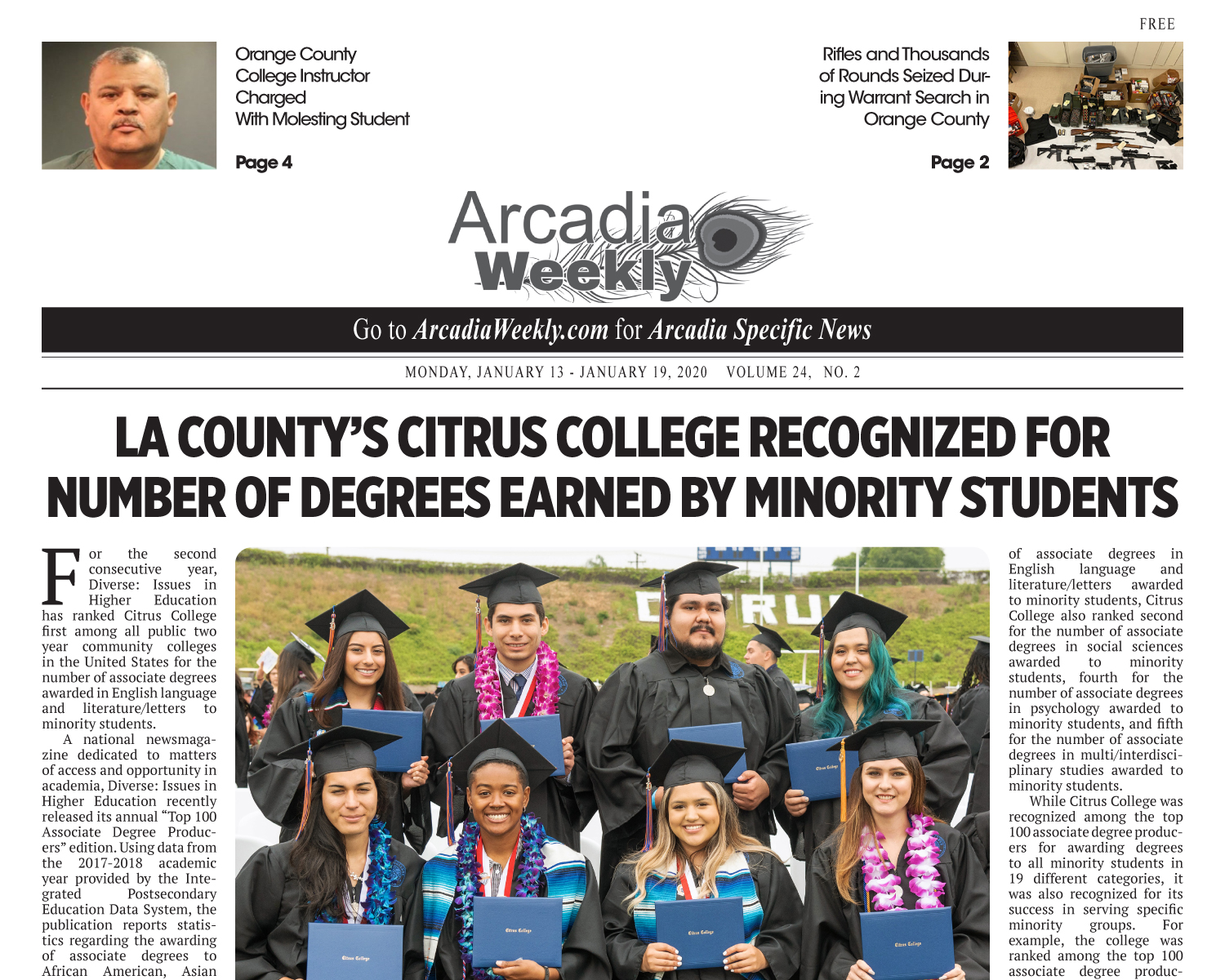
By Terry Miller
“I’ve suffered for my music, now it’s your turn”– Neil Innes
Thanks to internet connections, there is always a Rutles’ song lurking on YouTube and elsewhere I can now share with some of my millennial friends and colleagues — what the late- great musician and humorist Neil Innes was all about. Brilliant Monty Python humor combined with exceptional musical compositions executed with surgical precision will forever be a significant endowment to the world of parody, music, literature and definitive tribute to The Beatles.
Innes passed away last week and was thus honored by fellow Pythons as one of the true “legends of a lunchtime,” as Michael Palin states in the outrageously funny mockumentary “All You Need is Cash” which, by the by, predates “This is Spinal Tap.”
In the beginning there was the Fab Four but then something far more momentous and most mesmerizingly memorable launched the birth of The Rutles, also lovingly known as the “Pre-Fab-Four.”
For those of you unfamiliar with the Rutles and their staggering influence on British humor, please allow me to indulge: Beatlemania was a thing but Rutland Weekend Television took satire to stunning new heights. The BBC would never be the same.
Who could forget those epic and immortal hits during the Tragical History Tour: “The Fool on the Pill” and the matriarchal miracle, “Your Mother Should Go…” Then, of course, came “WC Fields Forever.”
Innes’ uncanny voice complete with reverb is haunting to this day even to the most dye-in-the-wool John Lennon fans. But it was more, so much more: a media empire of parody and deference to the Fab Four in words, pictures albums and film and television.
The powerful force of the Rutles’ music was Innes, the sole composer and arranger of the songs. Innes had been dubbed the seventh member of Monty Python, as well as one of the main artists behind the Bonzo Dog Doo Dah Band in the late 1960s, who had been featured in the real Beatles’ Magical Mystery Tour film performing “Death Cab for Cutie.”
Another contributor to the overall brilliance of The Rutles was drummer Rikki Fattar who would also do a stint with the Beach Boys in the early 1970s.
It was Innes’ Beatles connection that would cement his post-Bonzo Dog Doo Dah legend, however. In the wake of the Python TV series, Innes and Eric Idle joined forces on Rutland Weekend Television, a spoof of a low-budget local TV station which spawned the sensation that was The Rutles.
In this crudely-drawn pastiche of The Beatles, Innes played Ron Nasty, the Lennon character, and their 1978 TV mockumentary “All You Need Is Cash” — a step-by-step spoof of The Beatles’ career — became a cult favorite thanks to loving cameos from Mick Jagger, Paul Simon, Ron Wood, John Belushi, Dan Akroyd, Bill Murray as well as George Harrison himself.
Innes’ mimics of classic Beatles songs are so convincing that his “Cheese And Onions” even found its way onto a Beatles bootleg.
“They were only intended to be a short-term, one-off gag because the timing seemed so right,” Innes said in 2012. “People were desperate to get the Beatles back together and a guy in America was offering them $20 million each for a reunion! It was quite absurd. And George Harrison, who by then was closely involved with the Pythons, felt something even sillier needed to be done. He loved every moment of The Rutles.”
“The Rutles Archaeology” in 1996 was a fitting homage to the Beatles’ massive “Anthology.” Innes, who died unexpectedly on Dec. 29, aged 75; was, in the words of Mark Beaumont, “a world class ninja of the melodic hook. Everyone who had ever seen him perform ‘Idiot…’ during the Monty Python Live At The Hollywood Bowl show would undoubtedly have its infectious chorus surreptitiously imprinted forever in the back of their brain.”
Likewise his only hit with the Bonzos, 1968’s “I’m The Urban Spaceman,” or one of his many contributions to the Monty Python musical canon – “Knights Of The Round Table,” or “Brave Sir Robin.” Whether as avant-garde comedy provocateur, straight song-writer or prime 60s and 70s musical satirist, Innes’ skill with a timelessly catchy melody verged on the surgical.
Do yourself a favor and grab a copy of “All You Need is Cash,” you’ll not be sorry and you’ll laugh more than ever before.





